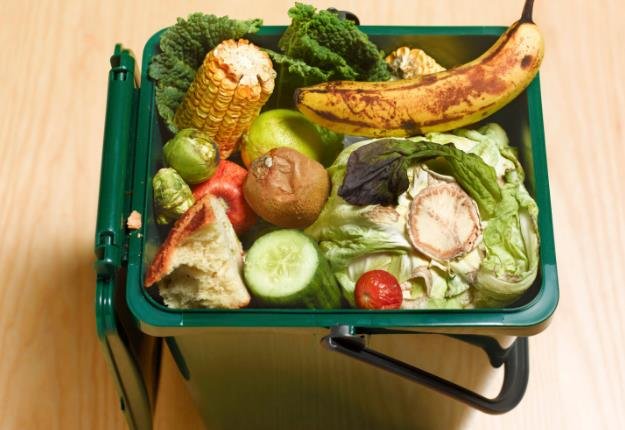A recent operation by Europol has exposed a growing problem of food fraud in Europe: the relabeling of expired food. The operation, known as Opson Europe or Opson XII, targeted unsafe food in customs areas, online markets, and the food supply chain. It involved 25 countries and resulted in the seizure of 8,000 tons of products and 6.5 million liters of mainly alcohol.
What is Opson Europe?
Opson Europe is a coordinated action by Europol and other European agencies to combat food fraud and protect consumers from unsafe food. It has been running since 2011 and has involved Interpol in the past. The latest operation took place between December 2022 and April 2023.

According to Europol, food fraud is a serious crime that affects public health, the environment, and the economy. It can involve the substitution, adulteration, or mislabeling of food products to increase profits or evade taxes.
Some of the common types of food fraud detected by Opson Europe include:
- Counterfeit alcoholic beverages
- Fake protected food name products
- Illegal use of additives or pesticides
- Substandard or spoiled food
- Animal by-products unfit for human consumption
How does expired food relabeling work?
One of the new trends of food fraud that emerged in Opson Europe was the relabeling of expired food. This involves criminal groups buying food that should have been destroyed from waste disposal companies and changing the labels’ expiration dates.
The relabeled food is then sold to unsuspecting consumers or businesses at lower prices. The quality of the food is poor and it can pose health risks, such as bacterial infections or chemical contamination.
Europol said that this practice was detected on an “unprecedented scale” in Opson Europe, affecting various types of products such as canned fish, meat, dairy, and snacks.
What are some examples of expired food relabeling cases?
One of the largest cases of expired food relabeling uncovered by Opson Europe involved a company that operated in France, Germany, Italy, Lithuania, and Spain. The company was led by a Lithuanian citizen who bought spoiled or expired food from different sources and relabeled it with new dates.
The investigation, led by the Lithuanian Criminal Police Bureau, resulted in 24 arrests and the seizure of more than 1.5 million packages. The case in Italy also led to the arrests of three other people.
Another case involved a Spanish company that sold expired cheese to France. The cheese was stored in poor conditions and had mold and insects on it. The company used fake labels and invoices to conceal the origin and quality of the cheese.
What are the consequences of expired food relabeling?
Expired food relabeling is not only a fraudulent activity but also a threat to public health and safety. Consumers who buy relabeled food may not be aware of the risks they are taking and may suffer from food poisoning or allergic reactions.
Expired food relabeling also harms the reputation and competitiveness of legitimate food producers who follow the rules and standards. It creates unfair competition and undermines consumer trust in the food sector.
Moreover, expired food relabeling contributes to environmental damage and waste. It prevents the proper disposal or recycling of spoiled food and generates more greenhouse gas emissions.
What are the solutions to prevent expired food relabeling?
To prevent expired food relabeling and other forms of food fraud, Europol recommends a multi-stakeholder approach that involves law enforcement authorities, regulators, industry associations, and consumers.
Some of the possible solutions include:
- Strengthening the cooperation and coordination among different agencies at national and international levels
- Enhancing the traceability and transparency of the food supply chain
- Increasing the awareness and education of consumers about how to identify and report suspicious products
- Improving the detection and analysis methods for identifying fraudulent products
- Imposing stricter sanctions and penalties for offenders
Europol also urges consumers to be vigilant and cautious when buying food products online or from unknown sources. Consumers should check the labels for information such as ingredients, origin, expiration date, and certification marks. They should also report any suspicious products to their local authorities or through Europol’s website.
